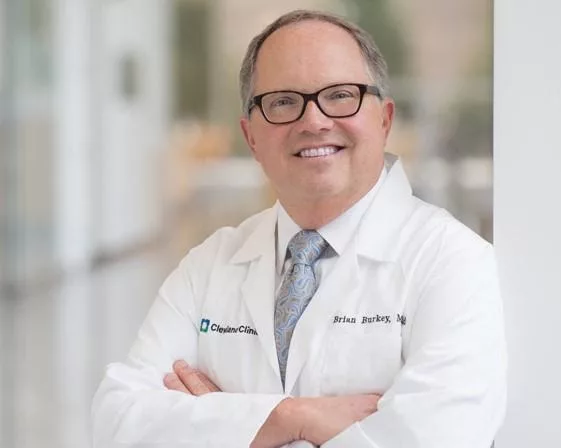Announcing the AHNS-Accredited Fellowships Class of 2024
The Advanced Training Council of the American Head & Neck Society is pleased to present the 2024 class of the AHNS-Accredited Fellowship programs. Congratulations to these fellows and best of luck in your 2024 Fellowship year! Program Name Augusta University – Endocrine Biester, Joel Case Western Reserve Univ./Univ. Hospitals Cleveland Med. Ctr. Brady, Jacob Cleveland …




